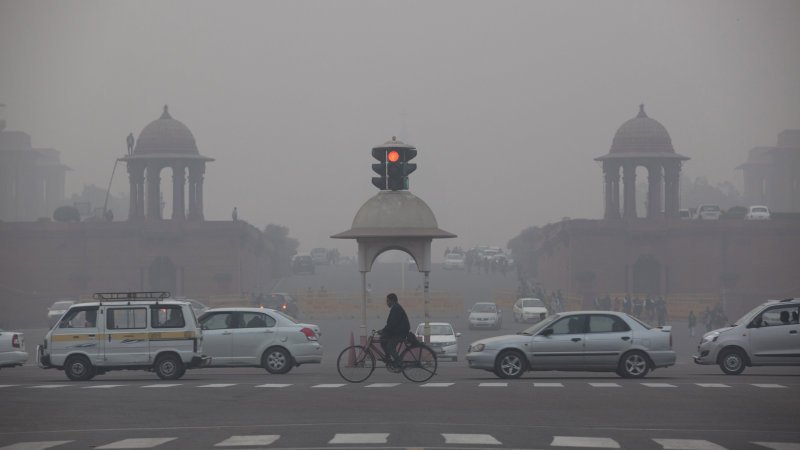Banhammer coming for older diesel vehicles in New Delhi, India

The World Health Organization (WHO) earlier this year ranked New Delhi's air the 11th most-polluted city in the world.
India's Minister of State with Independent Charge for Power, Coal, New and Renewable Energy, Piyush Goyal, set a goal earlier this year for all of India's vehicles to be electric by 2030. India had previously set a goal to have as many as 7 million hybrid and electric vehicles on its roads by 2020. The country started offering financial perks to automakers to spur electric-vehicle production. India is also looking to deploy a broader electric-vehicle charging network, and has proposed that some of the costs involved in buying more electric vehicles would be offset by consumers' savings via lower refueling expenses.
New Delhi joins a growing list of worldwide cities with mandates designed to reduce either emissions or traffic within urban areas. This month, Paris began enacting a ban on cars built before 1997 with the goal of cutting greenhouse-gas emissions by 75 percent by 2050. Those driving older cars into the city will be ticketed.
Meanwhile, London, which already imposes congestion fees on drivers entering the central part of the city, will start imposing other fees starting next year on people who drive cars that don't meet Euro 4 emissions standards. And next year, Beijing will begin imposing China's strictest emissions standards by lowering the maximum sulfur allowance in light-duty vehicle fuel in an effort to cut vehicle emissions by as much as 20 percent.


